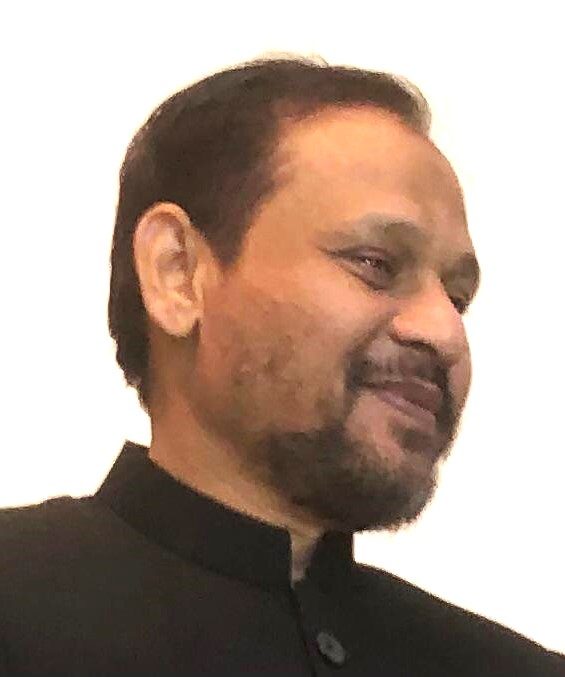
By Shafiq Ur Rehman
Pakistan’s worsening situation isn’t just the result of political missteps or accidents—it’s a deeply entrenched design by specific powerful groups who have repeatedly betrayed the nation’s trust. The Pakistani public now knows the bitter truth: the true architects of the nation’s misfortunes are those who wear the guise of religious piety, military valor, judicial integrity, or journalistic truth but work solely for personal gain. This alliance has hollowed out the nation’s foundations, and today, Pakistan’s struggles can be directly attributed to these power-brokers. In Pakistan, clerics and religious leaders have long presented themselves as defenders of societal values, yet many have used religion as a cloak for their own ambitions. From the time of Pakistan’s creation, certain religious figures have manipulated state policies for personal advantage. Whenever the nation has moved toward development, these clerics have fueled sectarianism and division, distracting the public from real progress. In recent years, these religious factions have acted as tools of the military establishment, exacerbating instability and betraying the very people they claim to serve.
In Pakistan’s history, the military’s influence has grown to the extent that civilian governments are often little more than figureheads. Military leaders, initially charged with defending the nation, have gradually usurped political power and dictate the country’s direction. From Ayub Khan to Zia-ul-Haq to Pervez Musharraf, military leaders not only disrupted democracy but weakened the country’s institutions in order to preserve their own authority. Today, military intervention remains one of the largest barriers to Pakistan’s development. The media in Pakistan was intended to be the guardian of truth and the voice of the people. However, certain journalists and media houses have become complicit, bending to the interests of the powerful. Instead of defending the public’s right to information, these entities often distort facts to favor those in power. Over recent years, it has become evident that some segments of the media conceal or twist reality, shielding the corrupt while leaving the public misled and disillusioned.
The judiciary, meant to be the custodian of justice, often serves the powerful instead of protecting the vulnerable. Many high-profile decisions have not only disappointed the public but raised doubts about the judiciary’s independence. Time and again, certain members of the judiciary have shown a willingness to side with political and military interests, eroding public confidence in an institution meant to deliver justice impartially. Politics in Pakistan, a sphere meant for public service, has become an arena for opportunists and self-seekers. Many politicians have traded the public’s trust for personal gain, eagerly betraying the rights of those they are supposed to represent. In recent years, during critical times when political stability and real leadership were needed, these politicians instead chose to appease powerful factions, selling out the public’s interests for their own benefit. From the tragic separation of East Pakistan in 1971 to today’s political turmoil, it has become evident that this cabal of powerful interests has consistently deceived the public. Every moment of progress has been disrupted by their self-serving agendas.
Today, as the people endure poverty, unemployment, and rising prices, these elites continue their extravagance, utterly disconnected from the common citizen’s plight. Pakistan’s people must awaken to the reality that true change will not come from these entrenched power players. The nation’s survival and prosperity depend on a rigorous, public-driven accountability process. The citizens themselves must take charge of their future and hold these betrayers accountable. Pakistan’s youth and civil society must rise and drive a movement to free the country from those who have used their power to drain it of progress, leaving nothing but instability and poverty in their wake. The path forward demands courage, clarity, and an unbreakable resolve. Only through a resilient, independent, and justice-driven society can Pakistan achieve the peace, prosperity, and future it deserves. It’s time for the people to wrest control from those who betrayed their trust and build a Pakistan that reflects the values of justice, democracy, and opportunity for all.
(The writer is a Business Development and Product Support Manager with 15+ years in project management, client relations, and technical support in heavy machinery and marine construction, can be reached at news@metro-morning.com)



